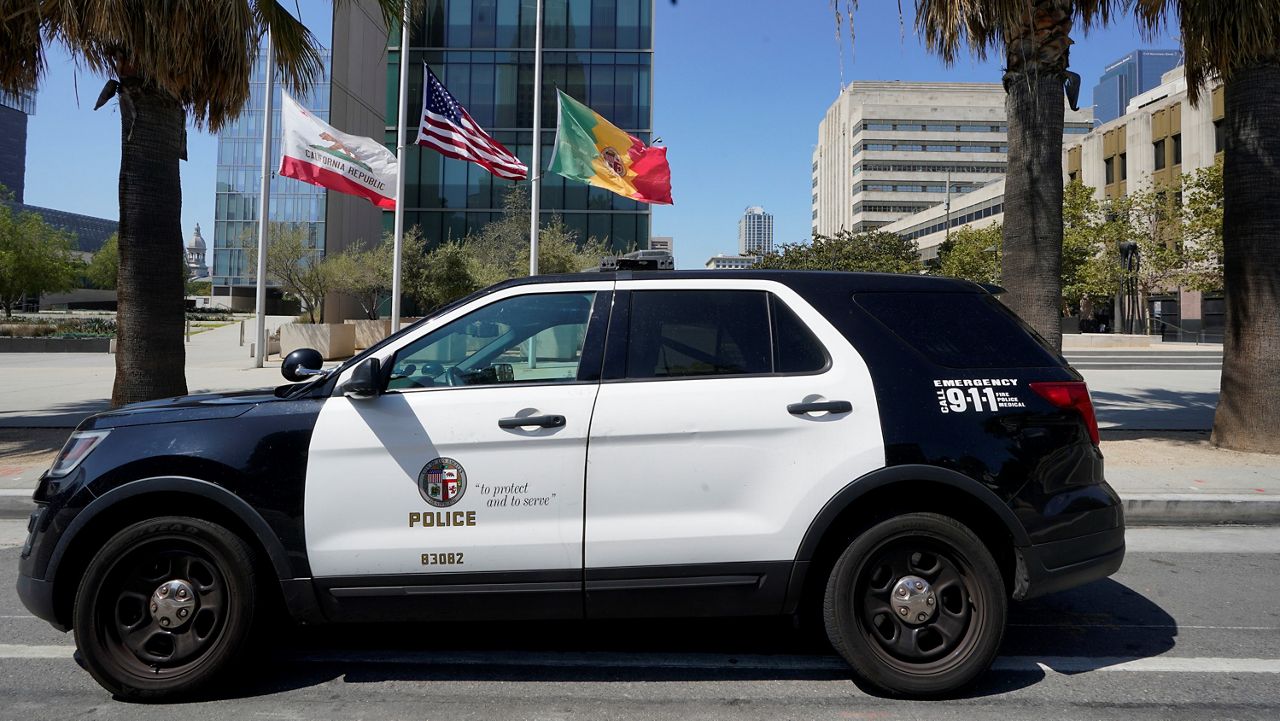LOS ANGELES (CNS) — Five City Council members called Wednesday for a review by the city controller of unarmed crisis response programs in Los Angeles.
The motion, introduced by Councilmen Tim McOsker and Marqueece Harris-Dawson, seeks to “better understand the effectiveness of these programs in the hopes of providing resources and services to those that need it most,” according to McOsker’s office.
Two weeks ago, following the deaths of three men in encounters with Los Angeles Police Department officers since the new year, three council members sought to expedite creation of an Office of Unarmed Response. The office was initially brought forward by then-Councilman Mitch O’Farrell in October. O’Farrell sought to build on previous council plans to create unarmed crisis-response models.
A motion introduced in the summer of 2020 following the murder of George Floyd in Minneapolis called for non-violent calls to be diverted from LAPD. The goal of O’Farrell’s motion was to unite existing initiatives and implement a citywide unarmed response model.
The office would ensure around-the-clock coordination and deployment of unarmed response specialists to non-violent calls for service, as well as collaboration with 911 dispatchers, and seek to address barriers for serving high-need communities by improving coordination between agencies, according to the motion.
The office would also incorporate the various related models and pilot programs currently deployed in the city.
“If we’re going to be serious about unarmed crisis response in LA, it’s ineffective to have different programs operating in silos with little oversight,” McOsker said. “In our effort to unify our programs under an Office of Unarmed Crisis Response, we must work with the controller to efficiently evaluate resource allocation so we can move our public safety responses into the 21st century.”
Harris-Dawson said that the findings of the report will allow for a “deeper and nuanced conversation with my colleagues and the public about the unarmed crisis response.”
“Our new controller, Kenneth Mejia, has been instrumental in shaping this assessment process,” Harris-Dawson said. “This foundational aspect is needed as we move closer to ensuring individuals suffering through a mental health crisis receive the care they need.”
The motion calls for the controller to report to the council’s Personnel, Audits and Hiring Committee with findings, and for the chief legislative analyst and city administrative officer to provide recommendations on funding the programs under the Office of Unarmed Response and Safety.



